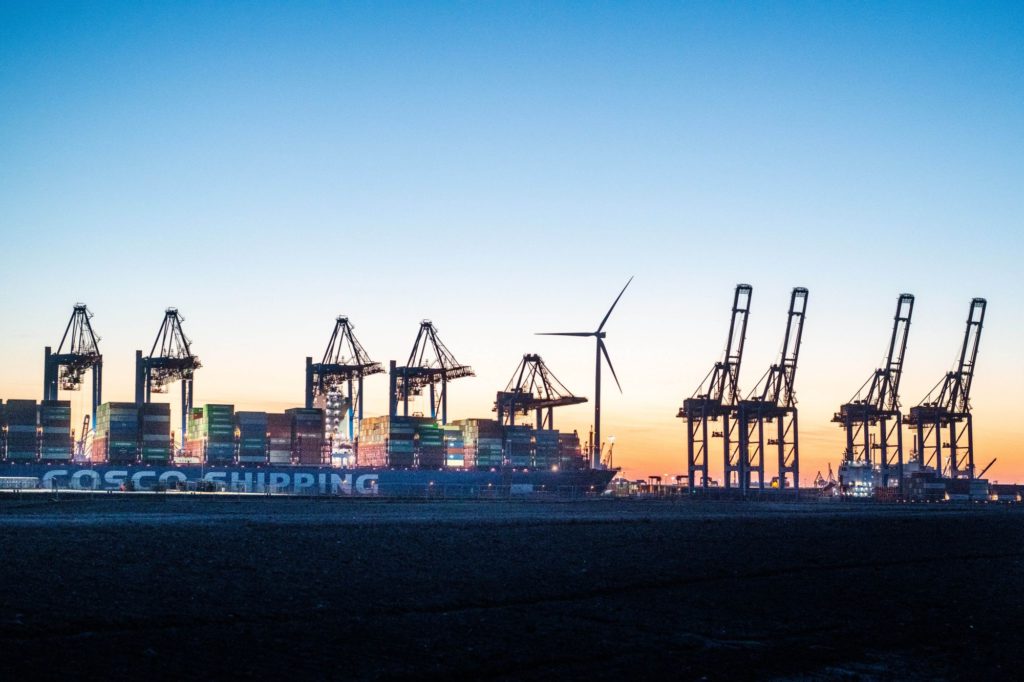(Bloomberg) — The European Union is aiming to lock in progress on trade and technology disputes with the U.S. during President Joe Biden’s first term amid concerns that any gains could otherwise be easily reversed.
The EU’s executive arm sees a window of opportunity in the next two-and-a-half years to cement the bilateral ties and progress made in trade disputes and regulatory cooperation, people familiar with the discussion said.
France, which is currently helming the EU presidency and is a strong advocate of strengthening Europe’s strategic autonomy, warned that the bloc should be prepared for a change of course in Washington and needs to preserve its regulatory freedom, the people said.
The EU’s deliberations show the scars of former President Donald Trump’s more confrontational approach to the bloc, as well as an awareness of Biden’s own political vulnerabilities. The U.S. president’s polls are sagging, Democrats may lose control of at least one chamber of Congress in November, and the 2024 presidential election is wide open.
Both sides are planning to agree on a series of measures on economic cooperation during the next meeting of the U.S.-EU Trade and Technology Council on May 15-16 in France.
This forum has gained new relevance following Russian President Vladimir Putin’s invasion of Ukraine as the two sides are exploring how to strengthen their alliance amid the war.
May Meeting
The EU’s aims for the May TTC meeting include bolstering bilateral consultation on export controls, investment screening and non-tariff barriers.
The TTC played a role over the past weeks in preparing the sanction packages on Russia, including export controls.
Member states including Germany, Poland, Latvia and Belgium are urging the bloc to deepen further the bilateral cooperation on sanctions and exports control, particularly after Russia’s attack on Ukraine.
The European Commission is also seeking an agreement on an early-warning mechanism to ensure that regulatory standards are in line with common interests, and a commitment to jointly mitigate vulnerabilities in supply chains.
In spite of the positive momentum and shared transatlantic values, the bloc remains cautious about the possibility of progress on some regulatory matters and trade priorities, including the overhaul of the World Trade Organization.
Brussels wants to bring Washington on board to avoid new trade barriers, combat distortive practices from non-market economies and promote using the WTO multilateral track. The U.S., however, is focusing more on its rivalry with China, and work on other areas including forced labor still lacks details, people familiar with the discussion said.
Both sides had warned China of consequences in case it supports Putin in its war efforts against Ukraine. The U.S. is sticking to a more assertive stance toward China’s unfair trade and economic practices, but the EU sees Beijing not only as a systemic rival, but also as a partner on global challenges including climate change.
Some countries including France, Germany and Belgium have rejected echoing the anti-China rhetoric emerging from Washington and don’t want to turn the TTC in a platform aimed against Beijing, the people said.
More stories like this are available on bloomberg.com
©2022 Bloomberg L.P.











